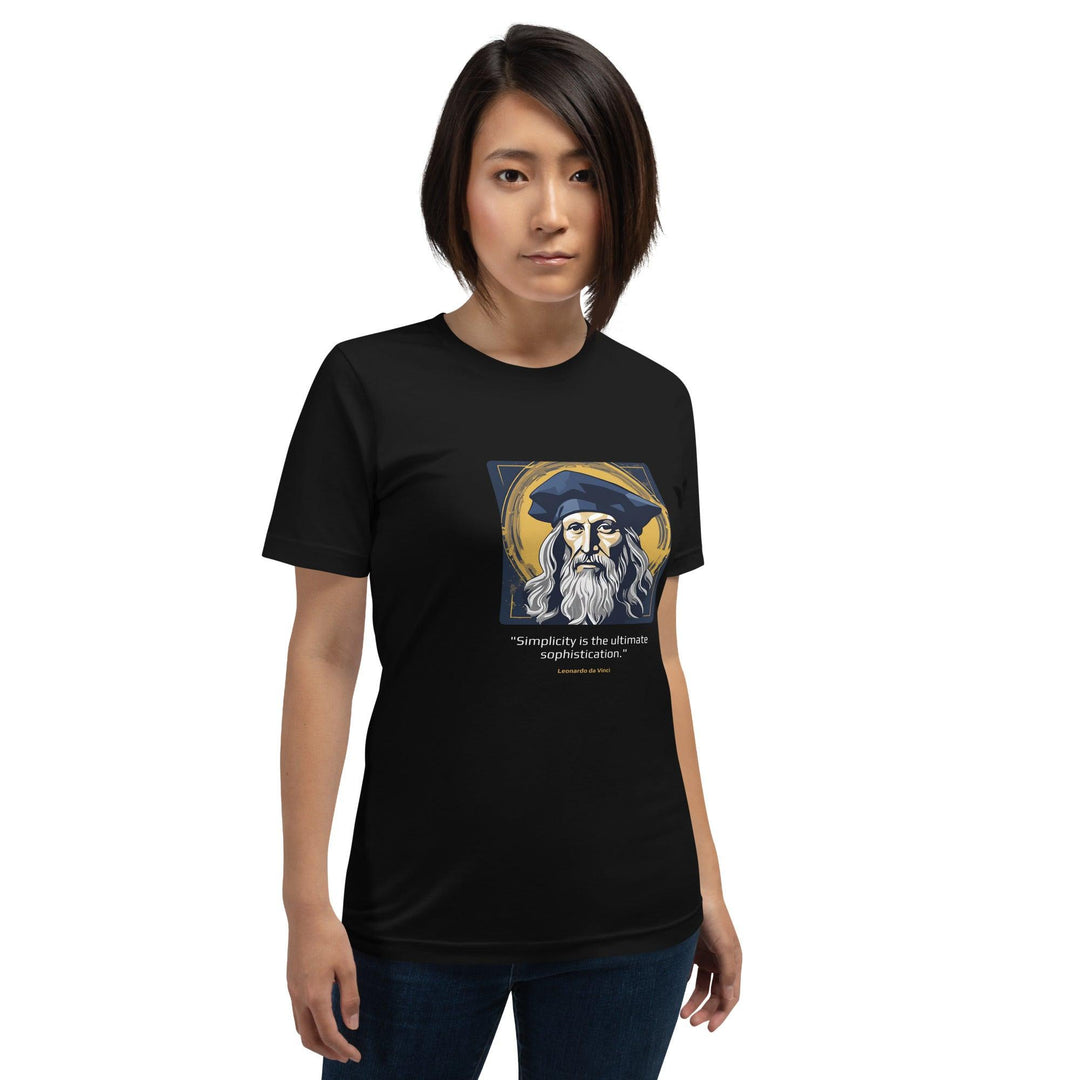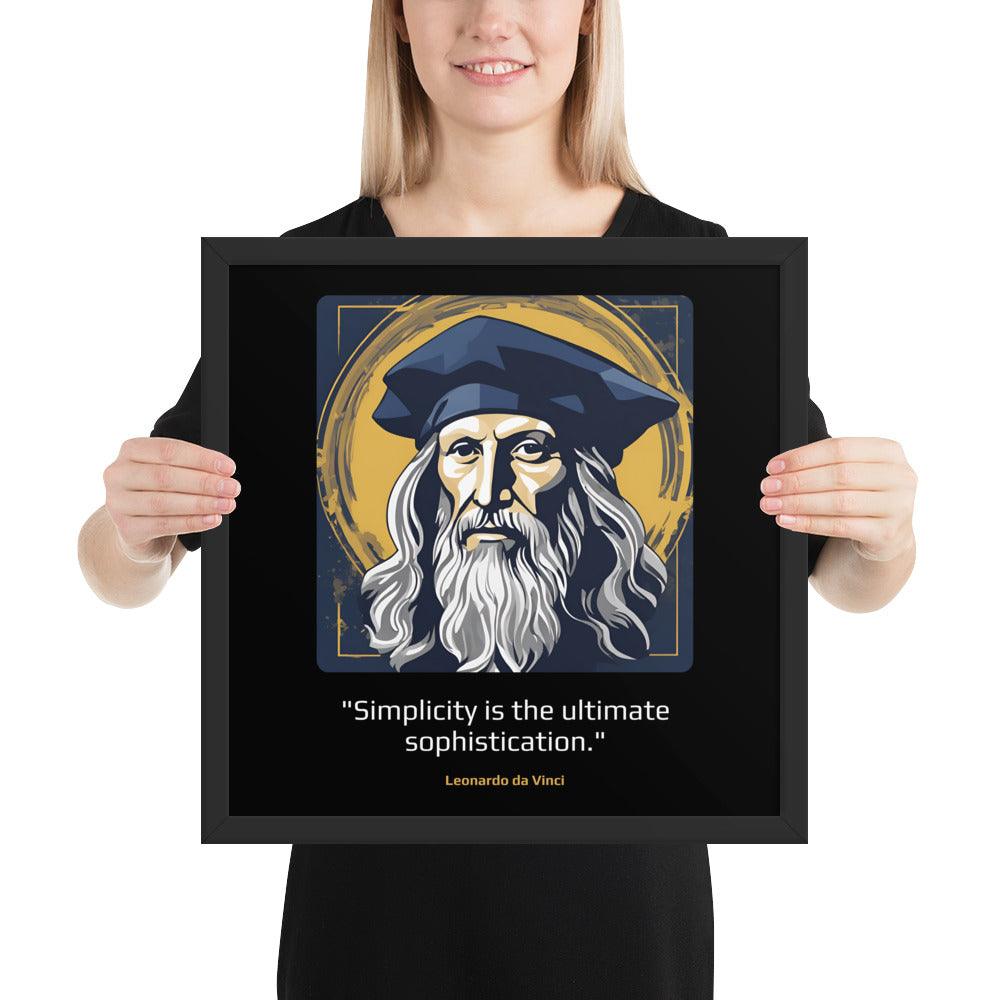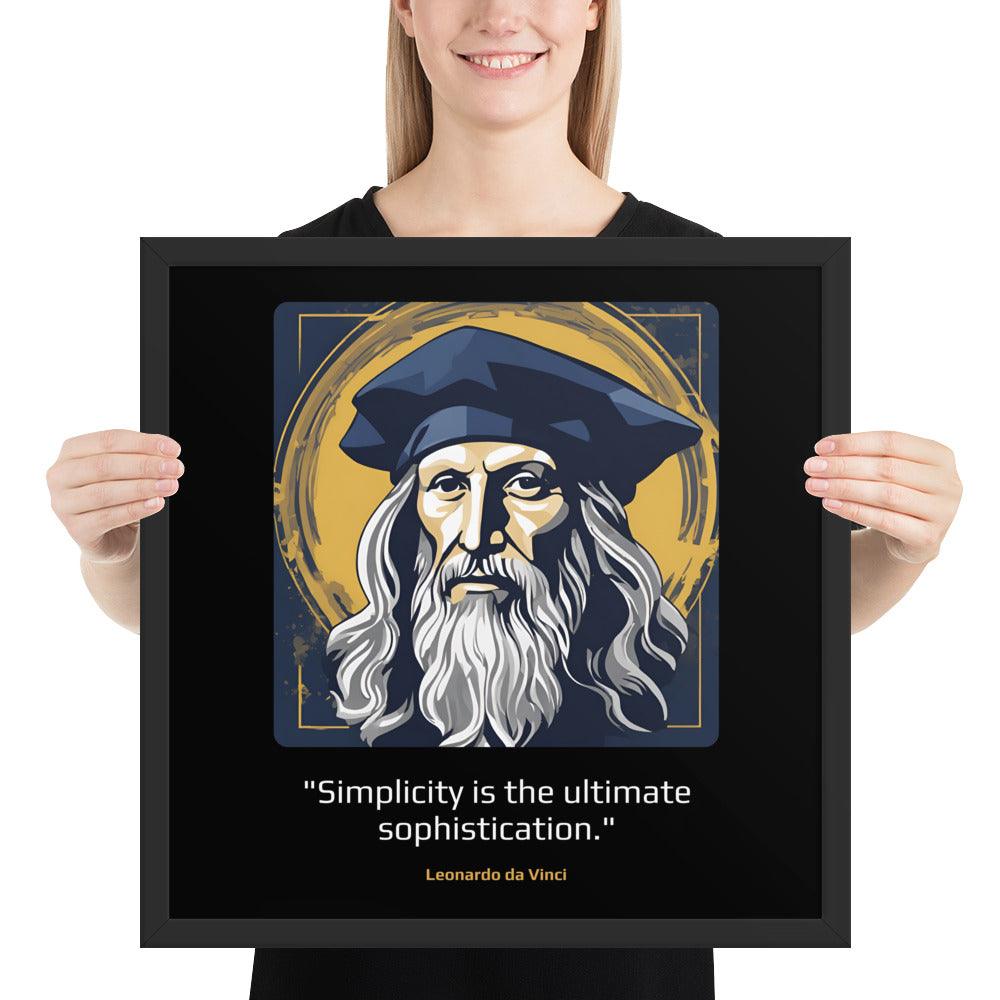Martin Luther King Jr.
1929 - 1968
Martin Luther King Jr. was an American Baptist minister and civil rights leader who became the most visible spokesperson for the Civil Rights Movement in the 1950s and 1960s. He is renowned for his nonviolent activism and his pivotal role in advancing civil rights through peaceful protest.
Beginnings
Martin Luther King Jr. was born on January 15, 1929, in Atlanta, Georgia. He was the son of a Baptist minister and was deeply influenced by his father's strong sense of justice and activism. King excelled academically, skipping both the ninth and twelfth grades and enrolling in Morehouse College at the age of 15. He later earned a doctorate in theology from Boston University. Reflecting on his early commitment to justice and equality, King once said, "Injustice anywhere is a threat to justice everywhere."
Prime Years
King's leadership in the Civil Rights Movement began in 1955 with the Montgomery Bus Boycott, which he led after Rosa Parks was arrested for refusing to give up her bus seat to a white person. This boycott marked a significant turning point in the fight against racial segregation in the United States.
King's philosophy of nonviolent resistance was inspired by Mahatma Gandhi and rooted in Christian teachings. He organized and led numerous peaceful protests and marches, including the Birmingham Campaign and the March on Washington for Jobs and Freedom in 1963, where he delivered his iconic "I Have a Dream" speech. "I have decided to stick with love. Hate is too great a burden to bear," he declared, emphasizing his commitment to nonviolence and love as powerful tools for social change.
In 1964, King was awarded the Nobel Peace Prize for his efforts to combat racial inequality through nonviolent resistance. His tireless work led to the passage of the Civil Rights Act of 1964 and the Voting Rights Act of 1965, landmark legislations that significantly advanced civil rights in America.
Legacy
Martin Luther King Jr.'s legacy is one of profound influence and enduring impact on the struggle for civil rights and social justice. His speeches and writings continue to inspire movements for equality and human rights worldwide. King's vision of a society where individuals are judged by their character rather than the color of their skin remains a guiding principle for activists.
King was assassinated on April 4, 1968, in Memphis, Tennessee, but his legacy lives on through the Martin Luther King Jr. Day, a U.S. federal holiday celebrated annually on his birthday. "The arc of the moral universe is long, but it bends toward justice," he once said, encapsulating his belief in the ultimate triumph of justice and righteousness.
Leadership quotes by Martin Luther King Jr.

Who Said It
Martin Luther King Jr.
(1929 - 1968)
Martin Luther King Jr. was an American Baptist minister and civil rights leader who became the most visible spokesperson for the Civil Rights Movement in the 1950s and 1960s. He is renowned for his nonviolent activism and his pivotal role in advancing civil rights through peaceful protest.











































